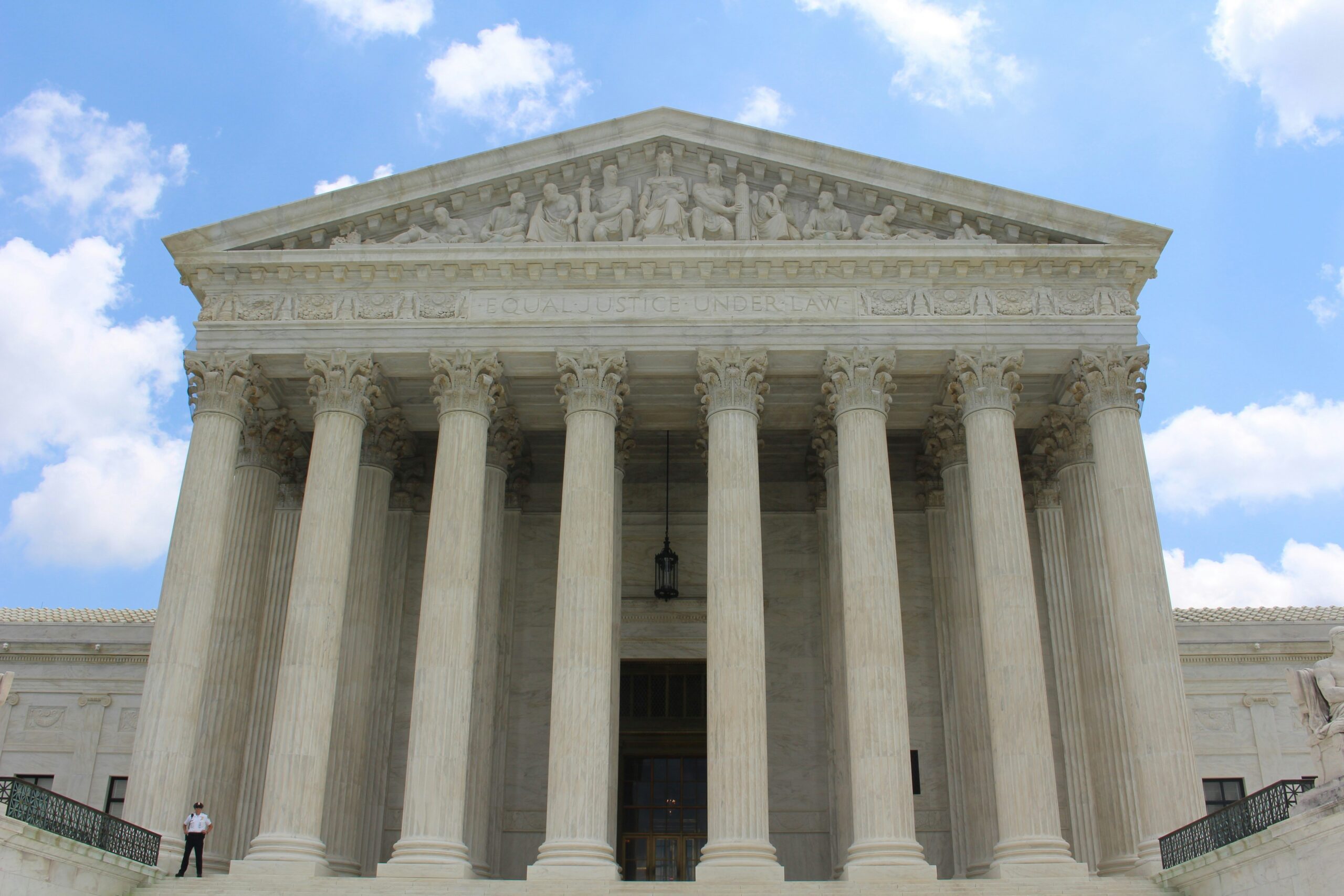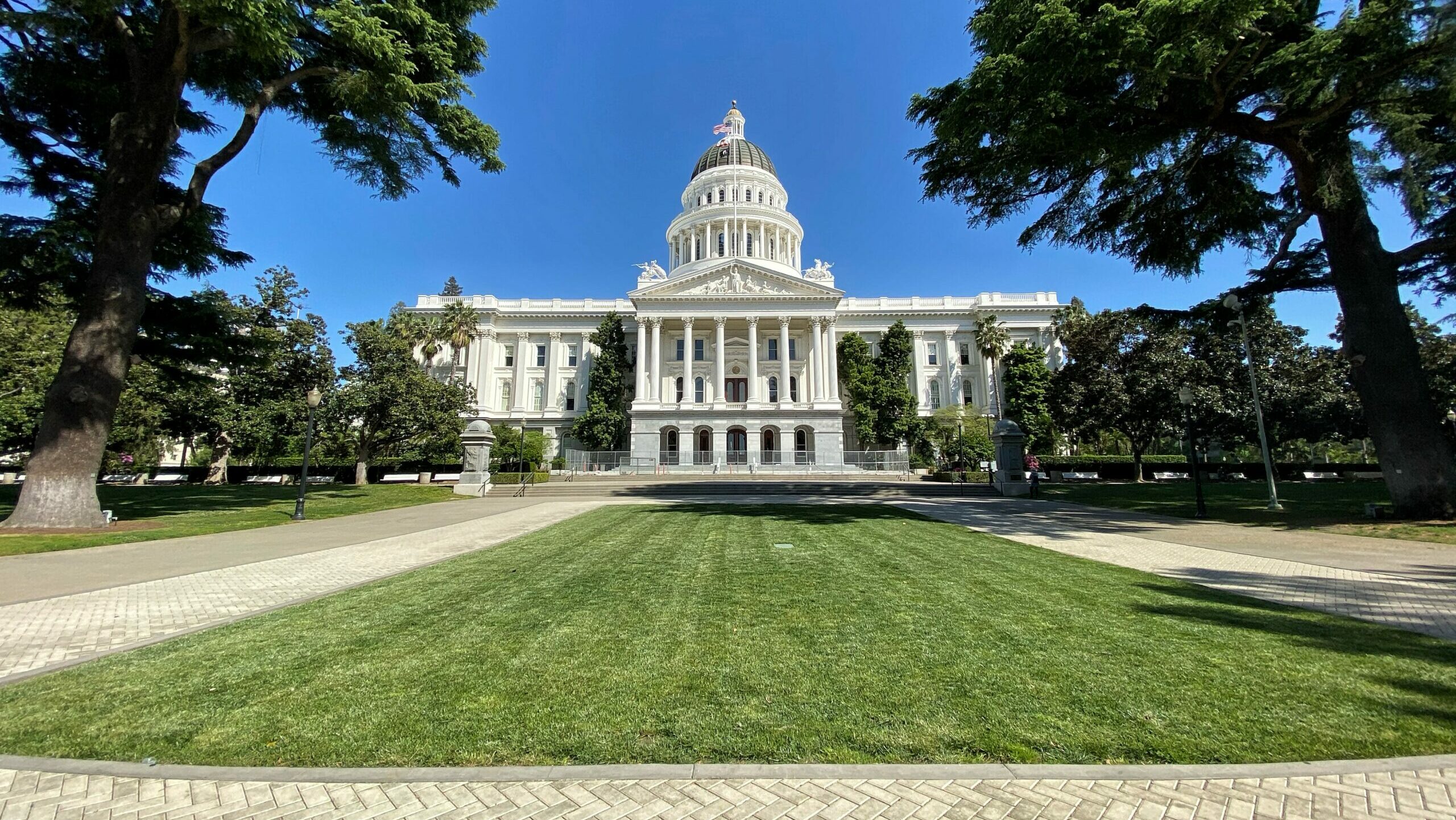Insights
- All
- Resources
- News
- Videos
Resources
April 18, 2024
Employment law litigation serves as both a safeguard and a teacher in the realm of workplace dynamics. It not only addresses grievances but also offers invaluable lessons for employers and employees alike. From discrimination and harassment claims to wrongful termination claims, each case brings forth insights that can shape organizational policies and practices. Here, we delve into some key lessons gleaned from employment law litigation, highlighting their significance and implications.
News
April 16, 2024
On March 25, 2024, the California Supreme Court ruled that an employee's time spent waiting in the employee’s personal vehicle on their employer's premises while undergoing an employer-mandated exit procedure by a security guard, is considered compensable "hours worked" under Wage Order No. 16, section 2(J).
Resources
April 11, 2024
Performance reviews are an indispensable tool in the arsenal of every responsible employer. They serve as a mechanism to provide feedback, set goals, and evaluate employee progress. However, navigating the legal complexities surrounding performance reviews requires a thorough understanding of employment laws and best practices. In this article, we summarize the keys to conducting employee performance reviews effectively from a legal standpoint.
News
April 9, 2024
Assembly Bill 2751 was recently introduced to the California State Assembly and proposes to add a Section 1198.2 to the Labor Code that would prevent employers from contacting employees outside of working hours, with limited exceptions.
News
April 5, 2024
Discrimination claims are rising. Just recently another national department store, Dillard’s Inc., settled a discrimination lawsuit brought by the U.S. Equal Employment Opportunity Commission for $70,000.00.
News
April 2, 2024
On February 16, 2024, the California State Senate introduced Senate Bill 1345 (“SB 1345”), which would make it an unlawful employment practice for an employer to take an adverse action against an applicant based on his or her criminal history. SB 1345 is currently pending review by the Senate Judiciary Committee.
News
March 26, 2024
On March 18, 2024, California’s Occupational Safety and Health Administration finally released a comprehensive model Workplace Violence Prevention Plan tailored for non-healthcare employers.
Resources
March 21, 2024
Employee recognition programs are invaluable tools for fostering a positive work culture, increasing employee morale, and enhancing productivity. However, such programs require careful consideration to ensure compliance with federal and state laws.
News
March 19, 2024
A recent lawsuit against Disneyland might show that for some of its employees, Disneyland is not the happiest place on earth. The lawsuit—a proposed class action lawsuit composed of over 100 current and former maintenance engineers—alleges several violations of California’s Labor Code.
Resources
March 14, 2024
In the vibrant and dynamic sectors of hospitality and tourism, where the focus is often on delivering exceptional guest experiences, there are some special legal issues related to labor law compliance and workplace safety. Employers in these industries must navigate a myriad of legal considerations to protect both their employees and their businesses.











